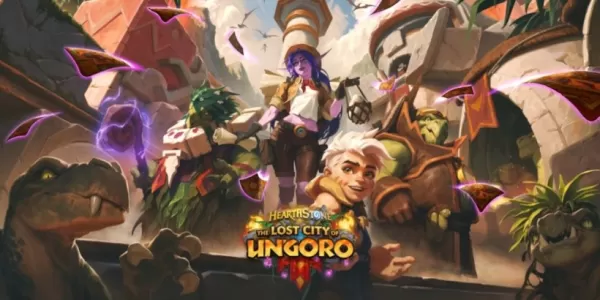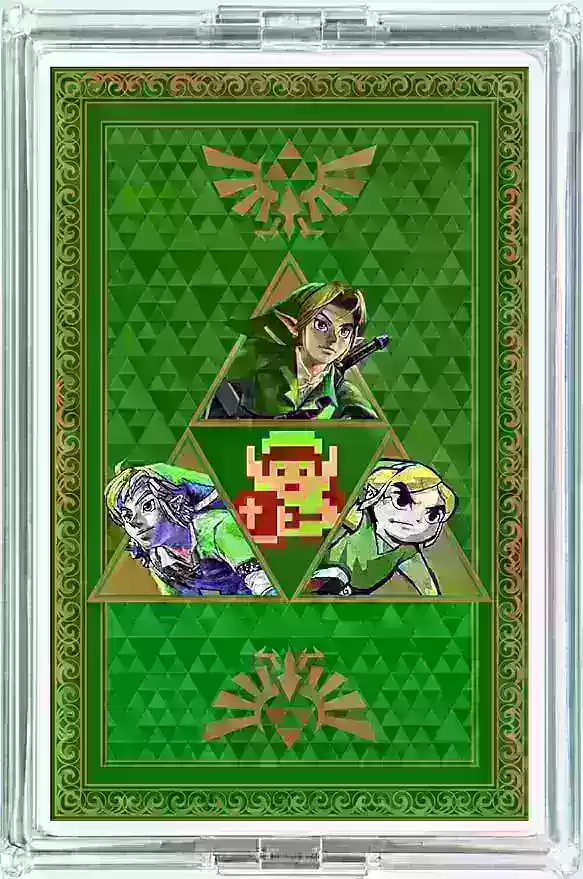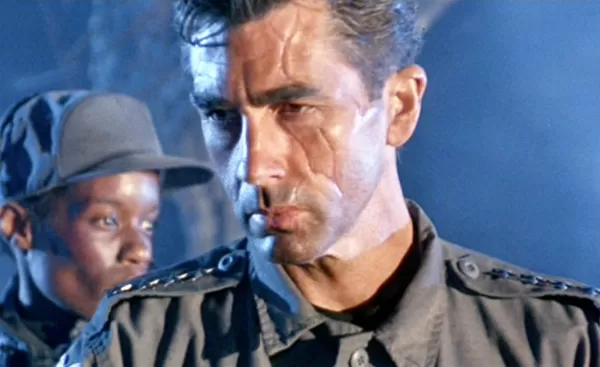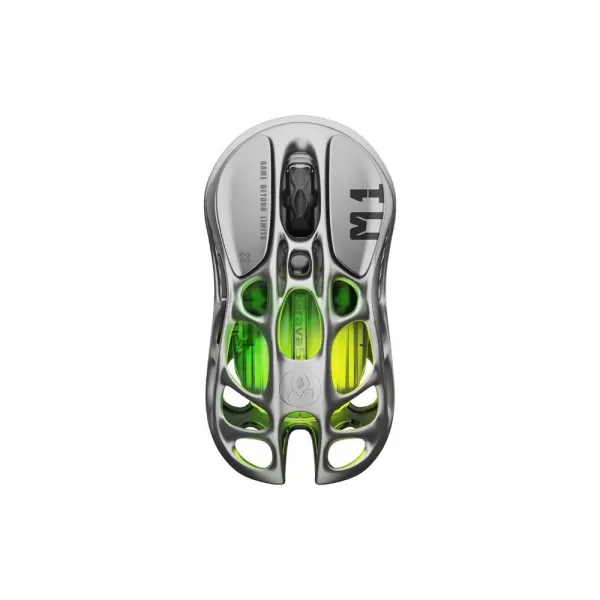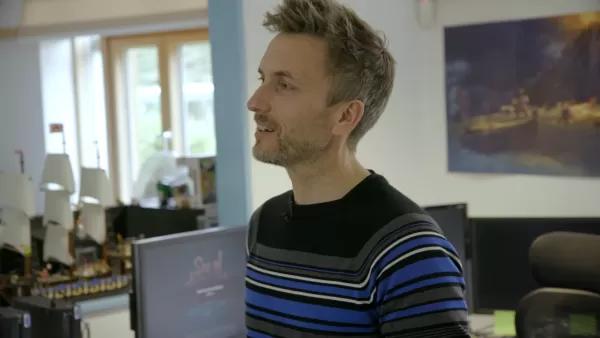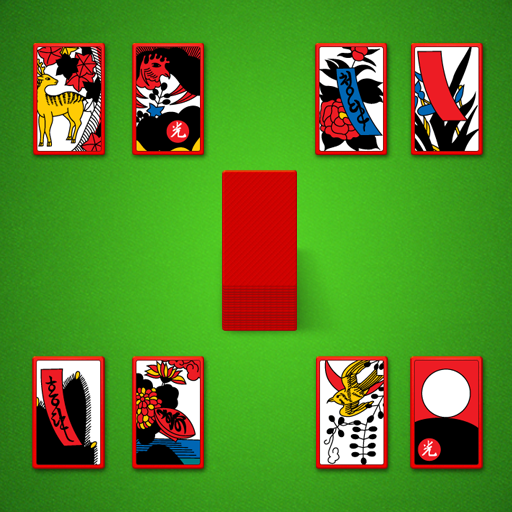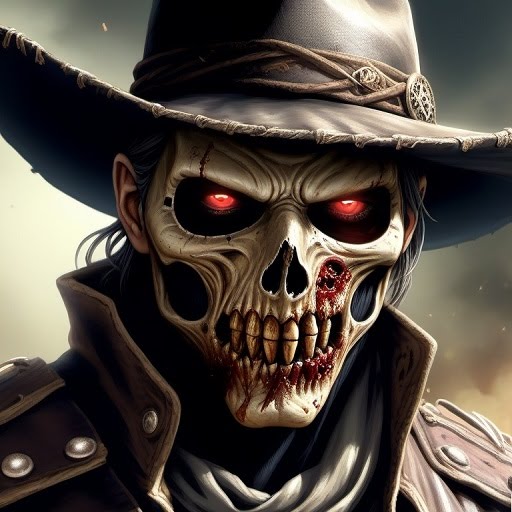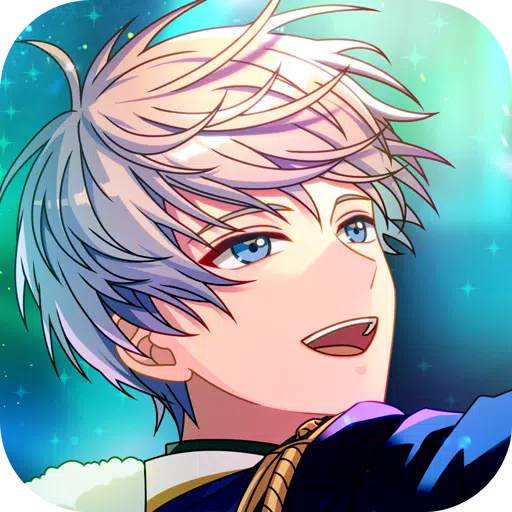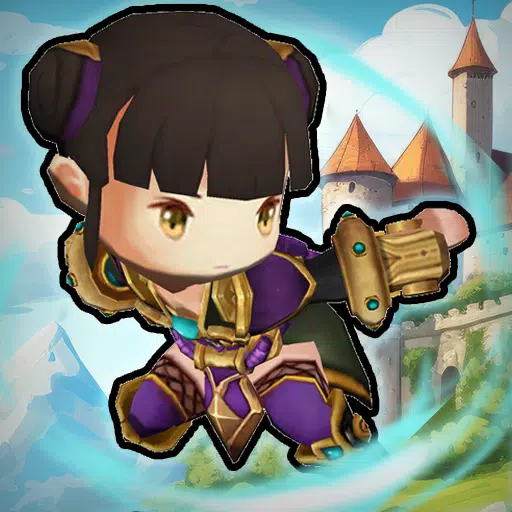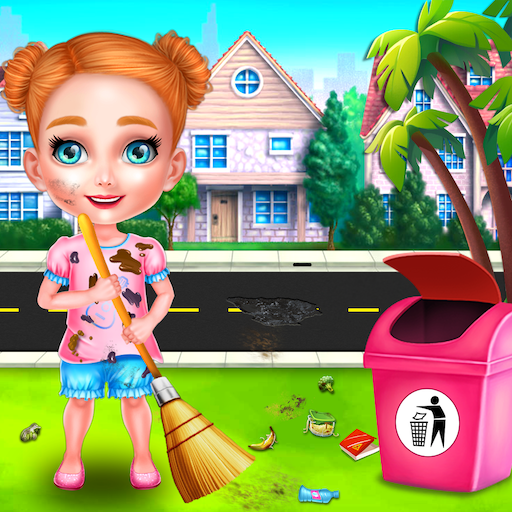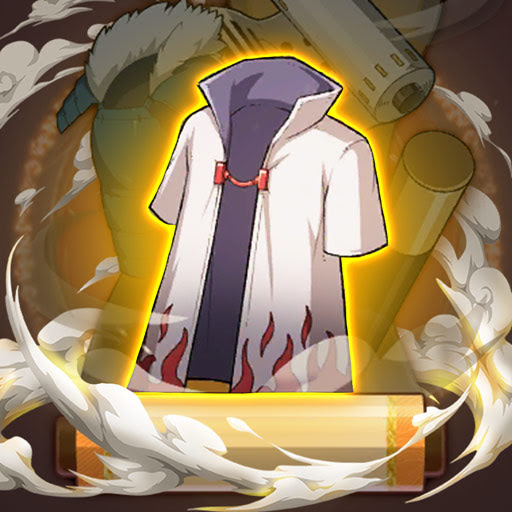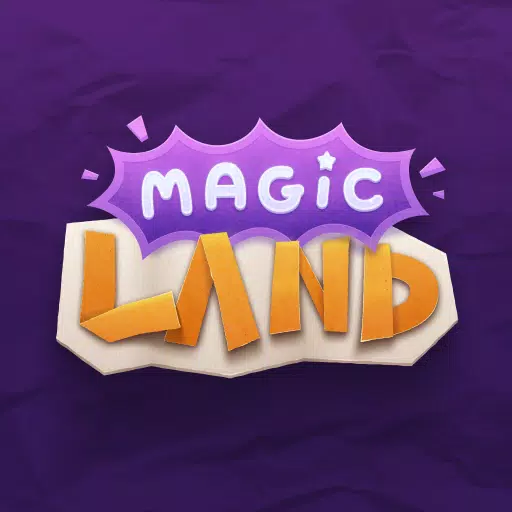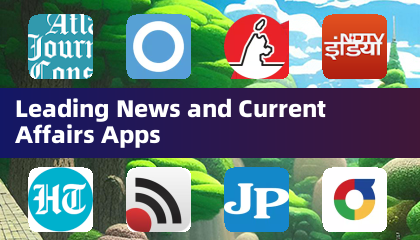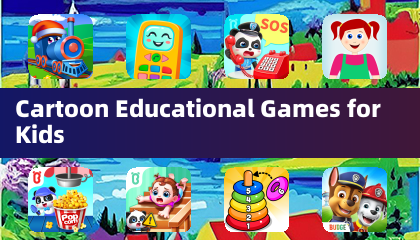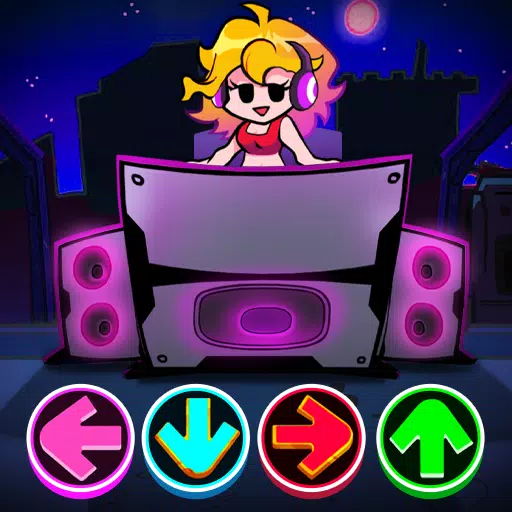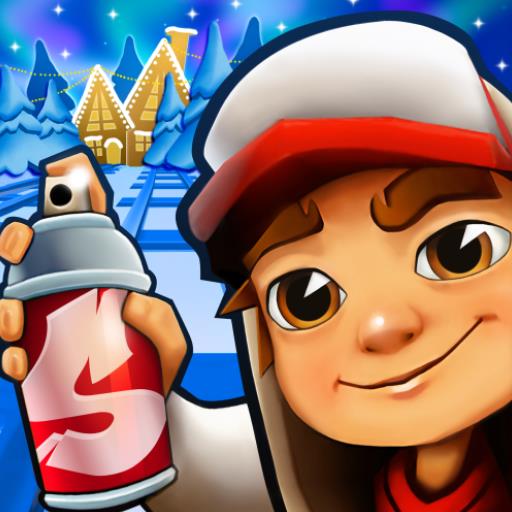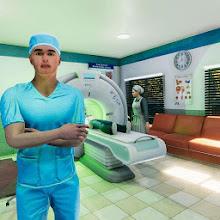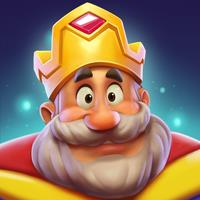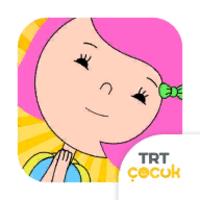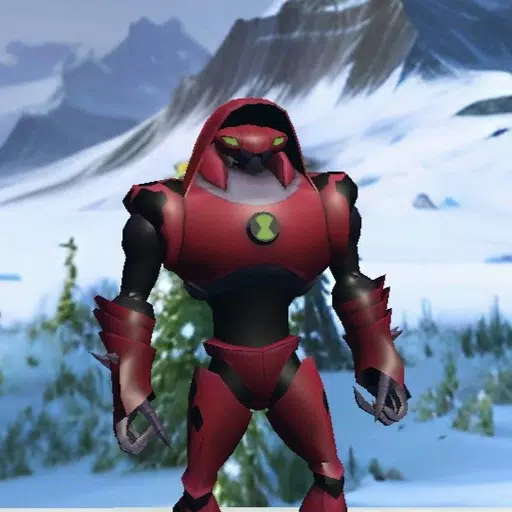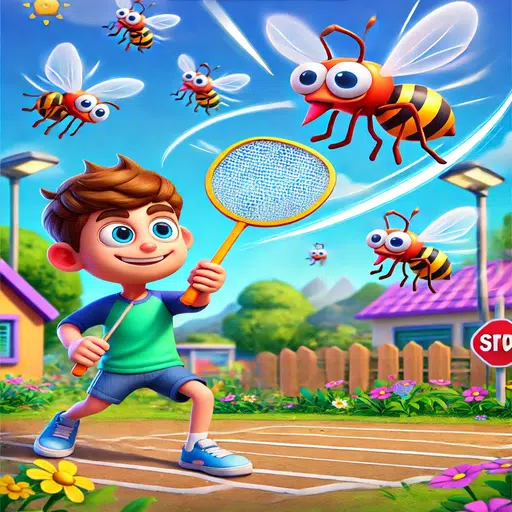2025 is set to be a monumental year for DC, with James Gunn’s Superman film launching the new DCU theatrically, a robust lineup of film and television projects from DC Studios, and the Absolute Universe making significant impacts in DC’s publishing division. Amidst this flurry of excitement, one major question looms large: What is happening with Wonder Woman? Created by William Moulton Marston and H. G. Peter, she is one of the most recognized superheroes and a cornerstone of the DC universe, yet her presence in recent DC franchise media has been surprisingly subdued.
Outside of the comics, Diana of Themyscira has faced numerous setbacks in recent years. Her live-action film series struggled after the mixed reception of Wonder Woman 1984, and she is notably absent from the current DCU lineup, which instead features a show about the Amazons. Additionally, Wonder Woman has never had her own dedicated animated series, and her much-anticipated first solo video game, announced in 2021, was cancelled. These developments raise concerns about Warner Bros.' handling of one of the most iconic female superheroes. Let's delve into how Warner Bros. and DC might be mishandling Wonder Woman's potential.
One Hit Wonder --------------In the late 2010s, during the peak of competition between the Marvel Cinematic Universe and the DCEU, the first Wonder Woman film emerged as a significant success. Released in 2017, it garnered largely positive reviews and grossed over $800 million worldwide. Following the polarizing reception of Batman v Superman and Suicide Squad, Patty Jenkins' interpretation of Diana resonated with audiences in a way the previous DC films hadn't. While the movie was not without flaws, including third act problems and a focus on Gal Gadot's action prowess over character depth, its strong performance suggested the potential for a thriving franchise.
However, the sequel, Wonder Woman 1984, released in 2020, failed to live up to expectations. It divided critics and failed to recoup its budget at the box office, partly due to its simultaneous release on HBO Max during the COVID-19 pandemic. Yet, the film's narrative inconsistencies, tonal shifts, and controversial elements, such as Diana having sex with Chris Pine's Steve Trevor while he was in another man's body, did not help its case. This sequel's lukewarm reception led to the phasing out of plans for a third film, leaving Wonder Woman's cinematic journey in limbo. Given the frequent reboots and relaunches enjoyed by characters like Batman and Spider-Man, it's disheartening to see Wonder Woman sidelined after one underperforming sequel.
Diana Prince, Missing in Action
With the new DCU poised to launch a fresh slate of adaptations, one might expect Wonder Woman to be a focal point. However, the Chapter One: Gods and Monsters lineup lacks a dedicated Wonder Woman project. Instead, DC Studios' James Gunn and Peter Safran have chosen to spotlight lesser-known characters like Creature Commandos, Swamp Thing, Booster Gold, and The Authority. While there's merit in exploring lesser-known IPs, as Gunn demonstrated with Guardians of the Galaxy, it's puzzling that Wonder Woman is absent from this lineup, especially given the inclusion of new Superman, Batman, and Green Lantern projects.
DC Universe: Every Upcoming Movie and TV Show
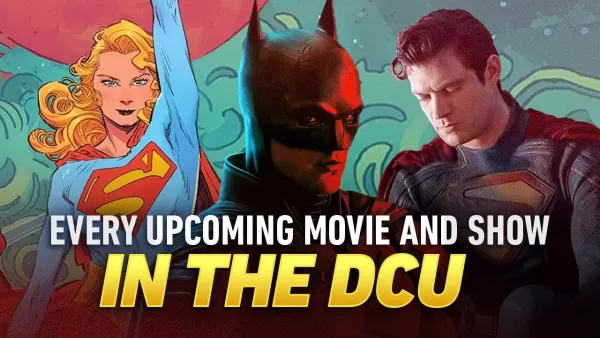
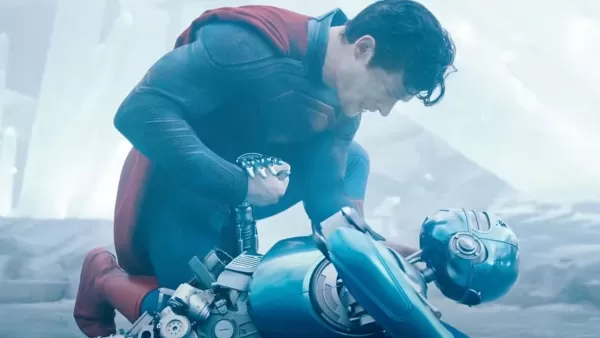 View 39 Images
View 39 Images
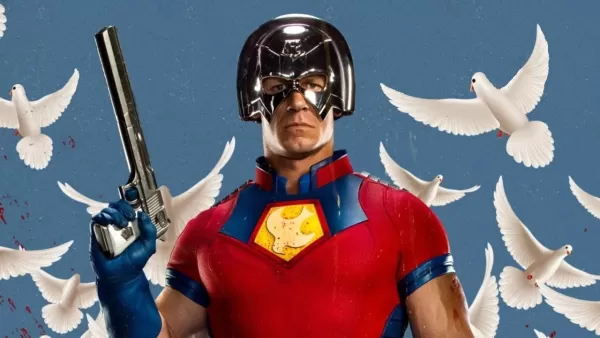
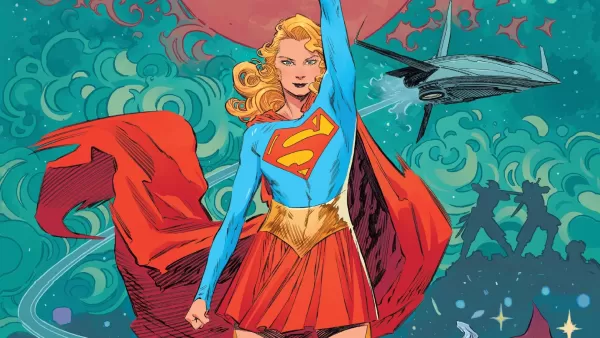
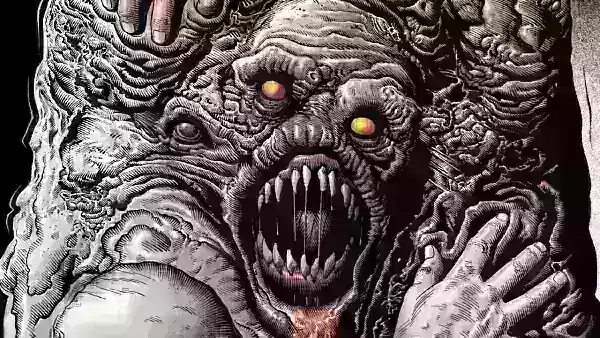
Instead of a Wonder Woman project, the DCU has greenlit Paradise Lost, a series about the Amazons of Themyscira set before Wonder Woman's birth. While this series could enrich the lore surrounding Wonder Woman, its focus on a world without her smacks of the Sony Marvel Universe approach, raising questions about why DC Studios doesn't see Diana as the primary draw for her own franchise. The urgency to launch a new Batman franchise, potentially leading to two concurrent live-action Batmen, contrasts starkly with the absence of a Wonder Woman project.
Historically, the DC Animated Universe of the '90s and early 2000s included Wonder Woman prominently in Justice League and Justice League Unlimited, yet she never received her own solo animated series. Despite her regular appearances in DC Universe direct-to-video animated films, she has starred in only two: Wonder Woman (2009) and Wonder Woman: Bloodlines (2019). Given the popularity of superhero media over the past few decades, it's perplexing why a dedicated Wonder Woman project has remained elusive.
AnswerSee ResultsLet Me Play as Wonder Woman, Dammit -----------------------------------The recent cancellation of the Wonder Woman game developed by Monolith Productions is particularly frustrating. While it's unclear whether the poor performance of games like Suicide Squad: Kill the Justice League and MultiVersus contributed to its demise, the game's cancellation after years of development is a bitter pill to swallow, especially since it would have been Diana's first lead role in a video game. With character action games experiencing a resurgence, the timing seemed perfect for a Wonder Woman action-adventure game akin to God of War or Ninja Gaiden.
While Diana has been playable in titles like Injustice, Mortal Kombat vs. DC Universe, and various LEGO DC games, the absence of a AAA action game featuring her is glaring. The success of Rocksteady's Batman Arkham series should have inspired similar ventures for Wonder Woman, Superman, and the Justice League. Instead, Diana's first appearance in the Arkham timeline in Suicide Squad: Kill the Justice League saw her killed off as a non-playable character, while the male members of the Justice League were portrayed as evil clones. This treatment underscores a broader issue of underrepresentation and disrespect towards one of DC's most iconic characters.
The mishandling of Wonder Woman across films, cartoons, and video games reflects a troubling lack of respect by Warner Bros. and DC for a character with such cultural significance. If the third most prominent hero in their lineup receives such treatment, it casts doubt on their regard for the rest of the DC roster. As James Gunn's Superman reboot aims to rejuvenate the DCU, it's crucial that Warner Bros. does not overlook the immense value Diana Prince brings to their franchise. After nearly a century, Wonder Woman and her fans deserve better.

